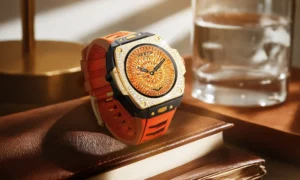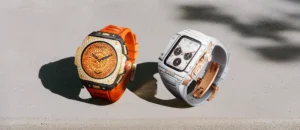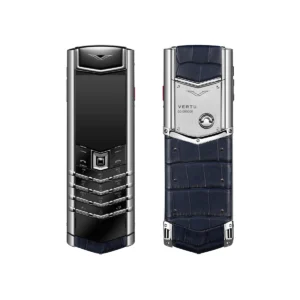More than one friend has asked me this question, “Aren't NFTs just a series of pictures? Why would anyone buy them? Can I just go to Taobao and get someone to draw something casually and then sell it? Why would anyone buy it?” But sometimes, this kind of question also arises in our minds, the old leeks. “Damn, what the hell is this thing, so ugly, dare to Dutch auction?” Such questions may never have a standard answer (What is a Dutch auction? See here). But there are still some people trying to find a methodology and fit it into a self-consistent explanation. One of the most sensible explanations that most people agree with is that NFTs are actually about IP. So, is there anyone who believes this and is brave enough to try to verify it? Yes! And there are many, including the one I'm going to write about today – YoloYolo.
YoloYolo is a new platform that connects NFT holders with brands to sell products. It announced yesterday that it has completed a seed round of 3.5 million US dollars. In addition to the old Web3 investment companies ParaFi Capital, Mirana Ventures, and Morningstar Ventures, other participants in this round of financing include Avalanche Ventures, UOB Venture, Signum Capital, Genblock Capital, Yolo Investments. Individual investors include Neil Cunha-Gomes of SoftBank Vision Fund, former partner of cryptocurrency exchange Binance Nicole Zhang, and founder and former CEO of The Block Mike Dudas.
YoloYolo is a Web3 fashion and lifestyle application that helps brands unlock the potential of Web3. By leveraging the power of Web3 and NFTs, brands can launch unprecedented customer retention and organic growth, which is crucial in today's highly competitive business world and rising customer acquisition costs. At the same time, YoloYolo allows customers and fans to share the value they create. At the same time, YoloYolo is building a bridge between the fashion and lifestyle industry and the Web3 world by matching top emerging IPs with leading brands and creators. YoloYolo will open up new cooperation, growth opportunities, and revenue streams for NFT holders and brands.
With the rise of NFTs, a new and fascinating market has emerged. NFTs are unique tokens on the blockchain that can take many forms, such as art, music, and gaming items. However, for the general public, NFTs refer to avatars (PFP), such as Bored Ape Yacht Club and CryptoPunks, where NFTs represent ownership of a specific identity and art in the Web3 community. But there is an interesting fact that many people may not know: for most NFTs, the holder not only owns the artwork but also the underlying IP. Intellectual property (IP) owners can commercialize the underlying art and lease it at will. Similar to how celebrities influence consumer opinions, these prestigious avatars have become an important identity in the Web3 community.
To attract a younger audience, brands have been scrambling to expand their influence in the digital world – the metaverse has been developing rapidly in the past year. With the open intellectual property framework, brands can now try how they want to create their digital experience. Instead of building their virtual identity from scratch, major brands are seeking cooperation with blue-chip PFP NFTs, such as Bored Ape Yacht Club and CryptoPunks, as their entry into the next most popular market.
In April 2022, Alexandre Arnault, Vice President of Tiffany & Co., surveyed his Twitter followers on whether Tiffany should customize CryptoPunks pendants. After receiving approval, in August 2022, Tiffany & Co. shocked the crypto world with its 250 limited edition NFTs, allowing CryptoPunks owners to exchange for the right to purchase customized Tiffany pendants, necklaces, and digital renderings of the pendants as NFTs.
Another example is Li Ning, which not only launched a series with Bored Ape Yacht Club #4102 but also appointed it as the manager of the pop-up store. Although it's a bit of a cliche, it's also fun. Through this move, Li Ning further consolidated its position as a pioneer – becoming the first major Chinese brand to cooperate with the Bored Ape. This partnership is not just a marketing strategy to capture trends. It also fits Li Ning's recent international expansion strategy, combining sportswear, fashion, and lifestyle, targeting young consumers.
By cooperating with NFTs to target subculture groups, brands are utilizing their integration into the rapidly expanding digital economy as a new development. Similar to the fashion collaboration craze in the past few years, NFT x Brands will not only include the integration of fashion, art, and technology. It will also explore elements of uniqueness, creative philosophy, and experimentation. Even though IP licensing is currently one of the main factors affecting brand cooperation, NFTs also lay









